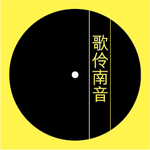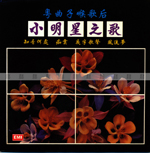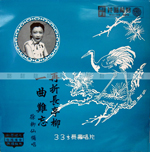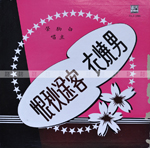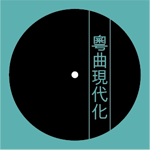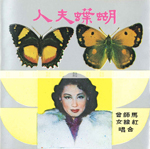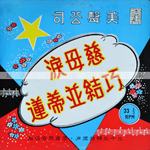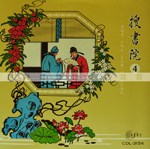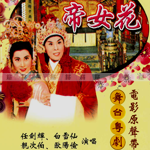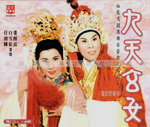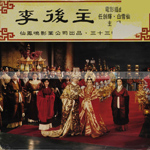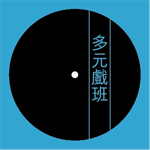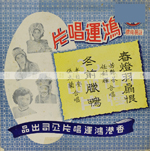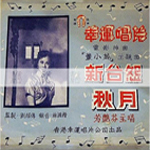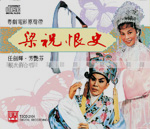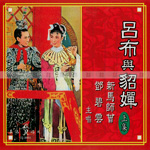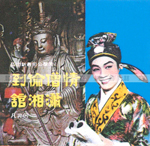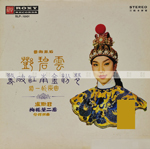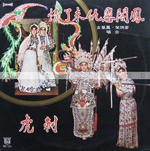Since the early twentieth century, Hong Kong has always been an important venue for Cantonese opera development. After 1949, as a result of political turmoil in the Mainland, performers and troupes converged and resettled in the territory, leading to a tremendous prospering of Cantonese opera in the subsequent decade. This development is linked intimately with the rise of the electronic media.
Performers and troupes began to grasp the possibilities offered by film and radio to re-examine age-old performance practices with regard to acting, singing, script writing, instrumentation, and stage set-up. They brought in novel elements from the theatre and movie world, and participated in the production of films and records. With these acts, they are extending the movement to modernize Cantonese opera that began in the 1930s.
Wong Jum-sum was thoroughly immersed in the world of Cantonese opera from young. Through his close encounter with master performers like Hung Sin-nui, Ma Si-tsang, Yam Kim-fai, Pak Suet-sin and Tong Dik-sang, he witnessed first hand the modernization of Cantonese opera, and was mightily moved by the adventure and passion he saw.
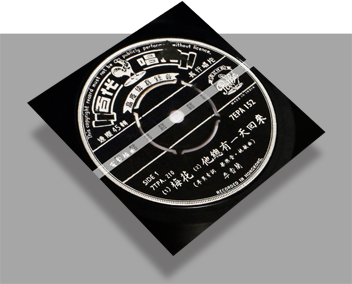

作曲:梁樂音
作詞:李雋青
主唱:李香蘭
梅花品格高 比不得桃花妖艷
整天迎著那春風兒笑
梅花品格高 比不得楊花水性
一生隨著那春風兒飄
梅花的心事 無人知沒人曉
經過了風雪冰霜 你才明瞭
可憐的梅花 它等待你的同情
讓它消一消心頭煩惱
梅花的心事 無人知沒人曉
經過了風雪冰霜 你才明瞭
可憐的梅花 它等待你的同情
讓它消一消心頭煩惱
